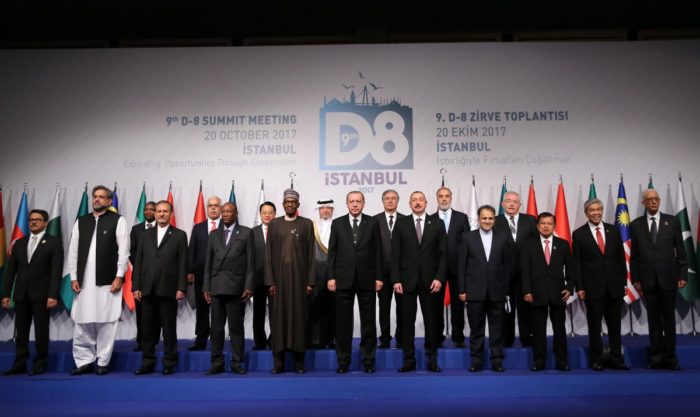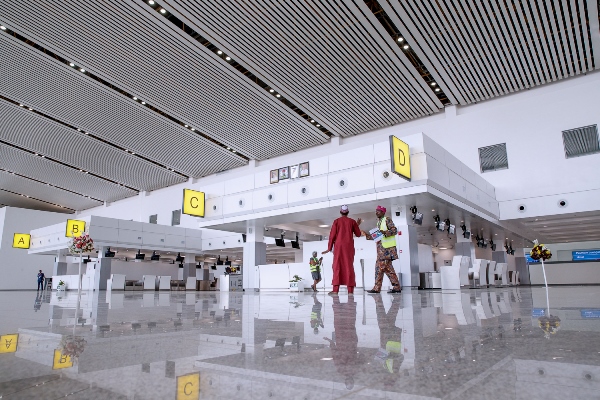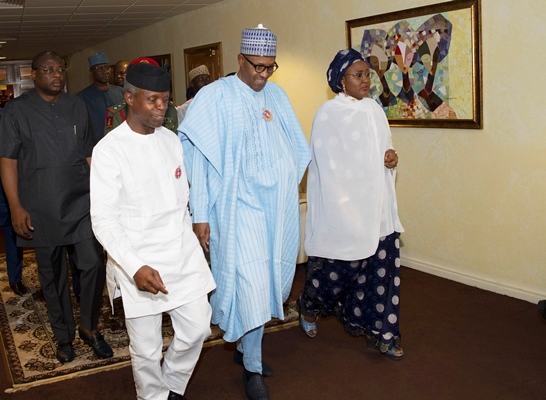
The D-8 Organisation for Economic Cooperation is targeting five sectors to strengthen Nigeria’s health system.
The health programme is an initiative to enhance economic development among member countries.
Dr Ado Muhammad, the Special Adviser, D8 Health and Social Protection Programme, told the News agency of Nigeria (NAN) Forum that the D8 was would expand Primary Health Care services in member countries.
This is to tackle communicable diseases and issues of clinical governance.
“We are looking at five areas of interventions, we are looking at how we can expand primary health care services in member countries in terms of nutrition, immunisation, tackling maternal mortality and tackling child mortality.
“These are areas that we find across board is affecting member countries particularly; there are countries like Nigeria that has high burden with regard to these indices.
“We want to see how we can tackle non communicable diseases because as economy progresses, as member countries move from high income to low income you start seeing less of infectious diseases and more of non-communicable diseases like diabetes and hypertension.’’
The third, he said, is to tackle the issue of clinical governance and quality of care in the health system because it is one thing to have a health system and another thing to have quality health system that works.
“We will also see how we can unlock the huge potential of the health sector along the value chain between member countries.
“Ill-health and poverty are interlinked; ill-health and hunger are interlinked; so we want to see how to tackle those three so we have complimented that intervention with the Social Investment Programme,’’ Muhammad said.
According to Muhammad, to achieve development and economic growth, there is the need for a working and quality healthcare system, hence the nexus between development and health.
He explained that bearing in mind the importance of health as a key factor for economic development, the D8 as an organisation, was diversifying to health as another area of cooperation.
He listed other areas of intervention to include unlocking the huge potential of the health sector along the value chain and Social Investment Programmes to address health-induced challenges.
Muhammad pointed out that for the economy of Member States to grow, it was important to strengthen the health sector which was a major stimulant for economic development.
He also said the D8 under its health interventions would be strengthening the health system of member countries in other to achieve universal coverage as the agenda of World Health Organisation.
“We should be able to improve our health system to similar organisations like the G8 countries,’’ Muhammad added.
The D-8 Special Adviser also noted that all developed countries in the world were able to attain development by having very strong health system.
According to him, a study has shown that for every one dollar that is invested in health, you get a return of about 20 dollars in the near 10 to 15 years.
The News Agency of Nigeria (NAN) reports that D-8, an acronym for Developing -8 countries, is an organisation for development and cooperation among eight countries: Bangladesh, Egypt, Nigeria, Indonesia, Iran, Malaysia, Pakistan and Turkey.
Established in 1997 its main objectives are to improve Member States position in the global economy, diversify and create new opportunities in trade relations and improve standards of living.
During its last summit in 2017, the D8 expanded areas of cooperation to Science and Technology, health, innovation, environment and some other issues.














